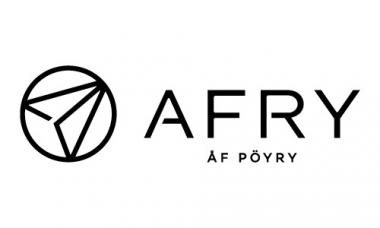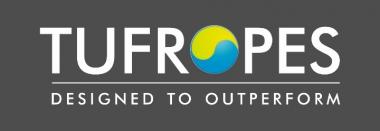AFRY to design sustainable textile fibre biofactory for Altri in Spain
Altri has awarded AFRY engineering, site selection and integrated environmental authorization services assignment for a greenfield textile fiber factory in Spain. In addition, AFRY will support Altri to conceive, create and implement foundations for Industry 4.0 technologies in this new plant.
The demand for sustainable textile fibres is growing quickly globally. To support this growth, the Portuguese pulp producer Altri has become the industrial partner to public-private consortium Impulsa (Society for the Development of Strategic Projects of Galicia) as the lead investor and technologist to study the wood-based textile fibers biofactory exclusively. This biofactory will use Galician wood as the primary raw material together with recycled remains from the textile industry to produce dissolving pulp and Lyocell fibre. The plant will be designed based on the best available techniques (BAT), best environmental practices, as well as cutting-edge proven technologies and the production will be fossil-fuel-free. The project is expected to benefit from the “Next Generation EU” program.
Altri is responsible for designing and developing the biofactory project to transform wood into a textile fiber, evaluating site locations and exploring alliances with the entire value chain. Altri has assigned AFRY to support the project development and planned project implementation.
The industrial biorefinery to be built from scratch will be able to provide the textile cluster of the Iberian peninsula with sustainable cellulosic fibers, contributing to the strengthening of the circular economy and decarbonisation of an important economic sector such as the textile sector.
AFRY has been involved in the project development from the very early stages. AFRY supported the project concept idea initially developed by Altri and led the preliminary feasibility study. A multi-disciplinary team of AFRY’s engineering and consulting experts is currently supporting Altri on the site selection activities, engineering and permitting processes.






















